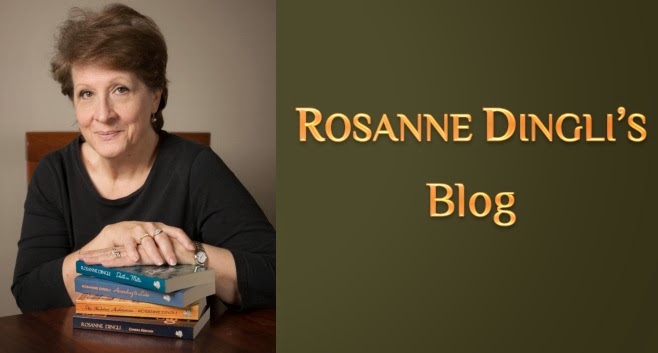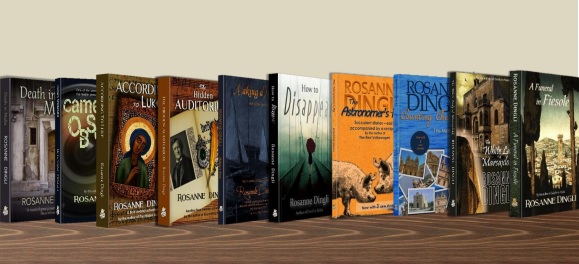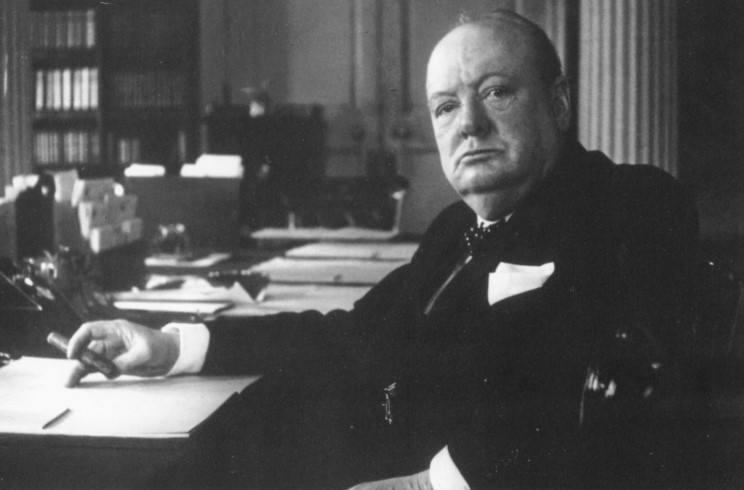 |
| Pic: johnmannophoto.com |
The year speeds up towards the end, like many things nearing their finish. The older one gets, the faster time goes... and it doesn't only seem that way. Time really progresses at a faster rate, it's out of our control, and I'll not go into the science to prove it. You know what I'm talking about. A saucepan lid, a spun coin, or spinning top will gather speed as it girates towards the end of its agitation.
And agitation seems to be the key word around Christmas and Year's End: we swear we won't do it again next year, and yet we fall into the same pattern. It's fun while it lasts, but goodness knows it doesn't.
So 2013 ... phew - a tough one, eh? Yes - full of a number of perplexing details and travails that are gratefully behind us now. What a hard one it was. Demanding and testing. But a lot of boxes were ticked, a number of triumphs and hurdles were gained and leaped, on the home front and professionally. Another novel out, and another one started. Covers, prices, and advertising campaigns tried, tweaked, tested and more or less set in place. Decisions made for next year. Resolutions replaced with tempered plans.
Comparisons with preceding years are inevitable when December is over its halfway mark. Calculations are not exact, but it seems book sales are more than double those of 2012, which is gratifying and encouraging. Such encouragement, of course, is accompanied by the demand to do even better in 2014, which exacts more hard work and machinations.
Careful calculations and estimates, forecasts and predictions, however, indicate that next year will be arduous like no other since, so reason and prudence hold one at gunpoint. What's the best way to proceed with the prospect of a very demanding year ahead? The answer is: slowly, and with all the sense and restraint one can muster.
Finishing the new novel is postponed until 2015. Planned novellas are on hold. Publicity and promotions will proceed at a fraction of the furious rate of 2013. Time spent online will be rationed, cleverly and with sensibility. Everything will hopefully slow to a manageable pace.
Have you made the same kind of decision? What does 2014 hold for you - agitation, or the tranquillity that comes from knowing you are in control?































